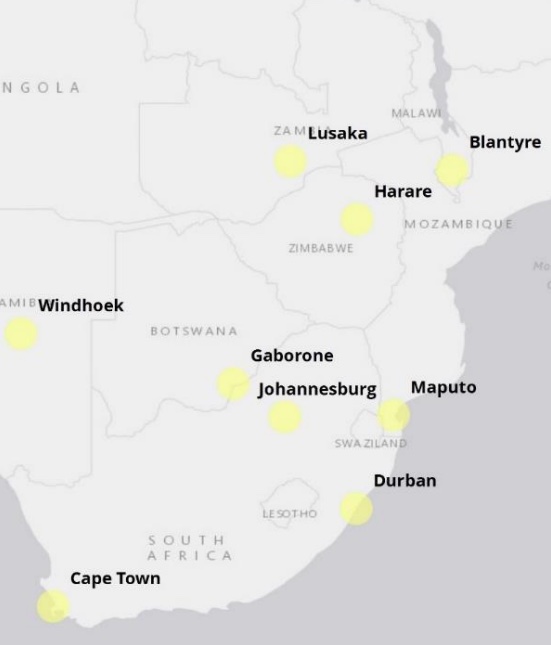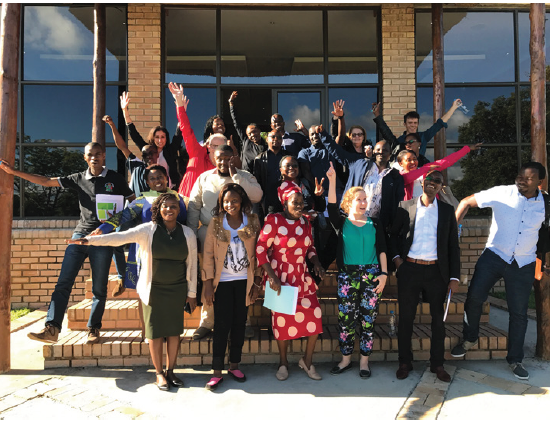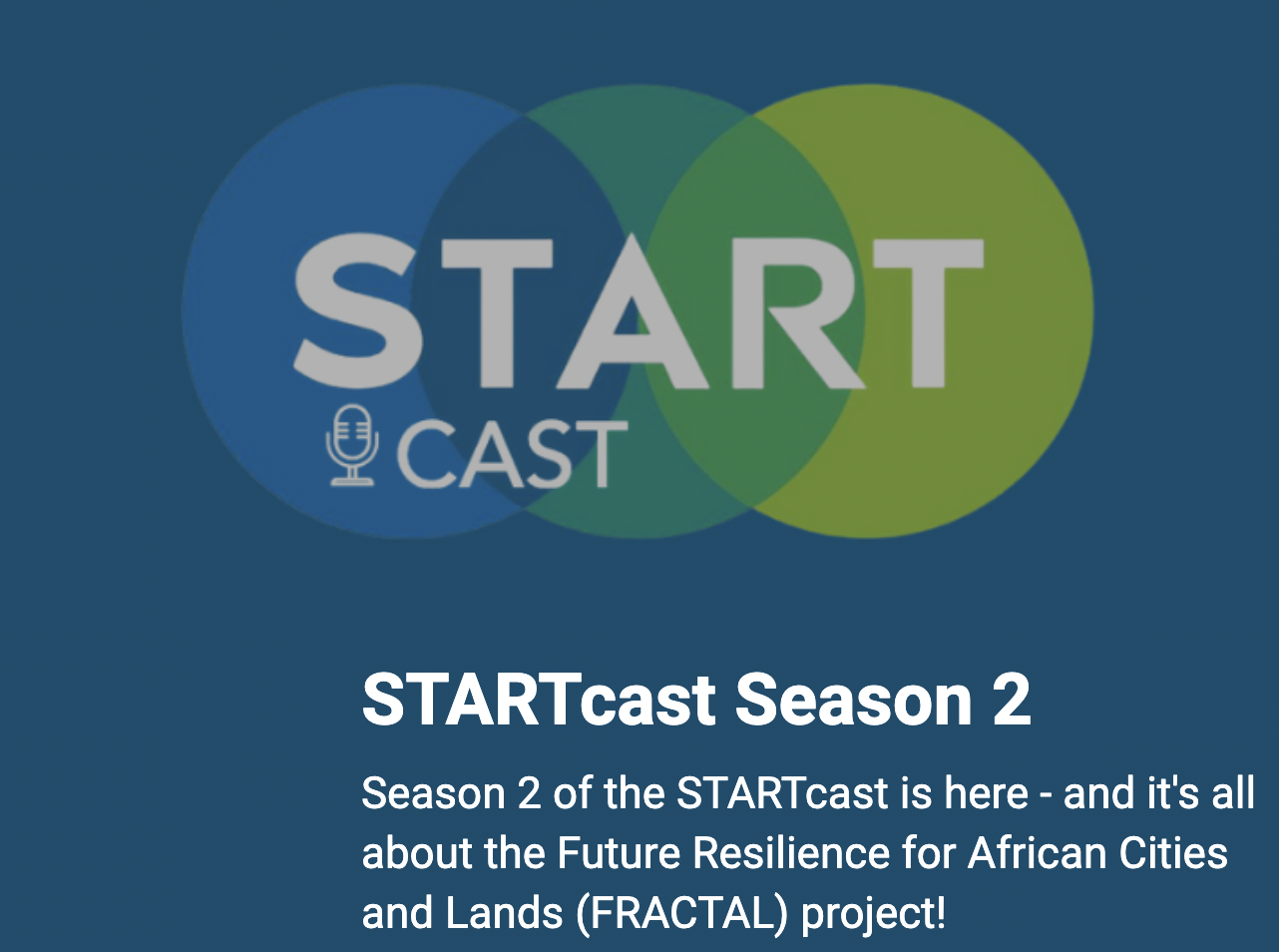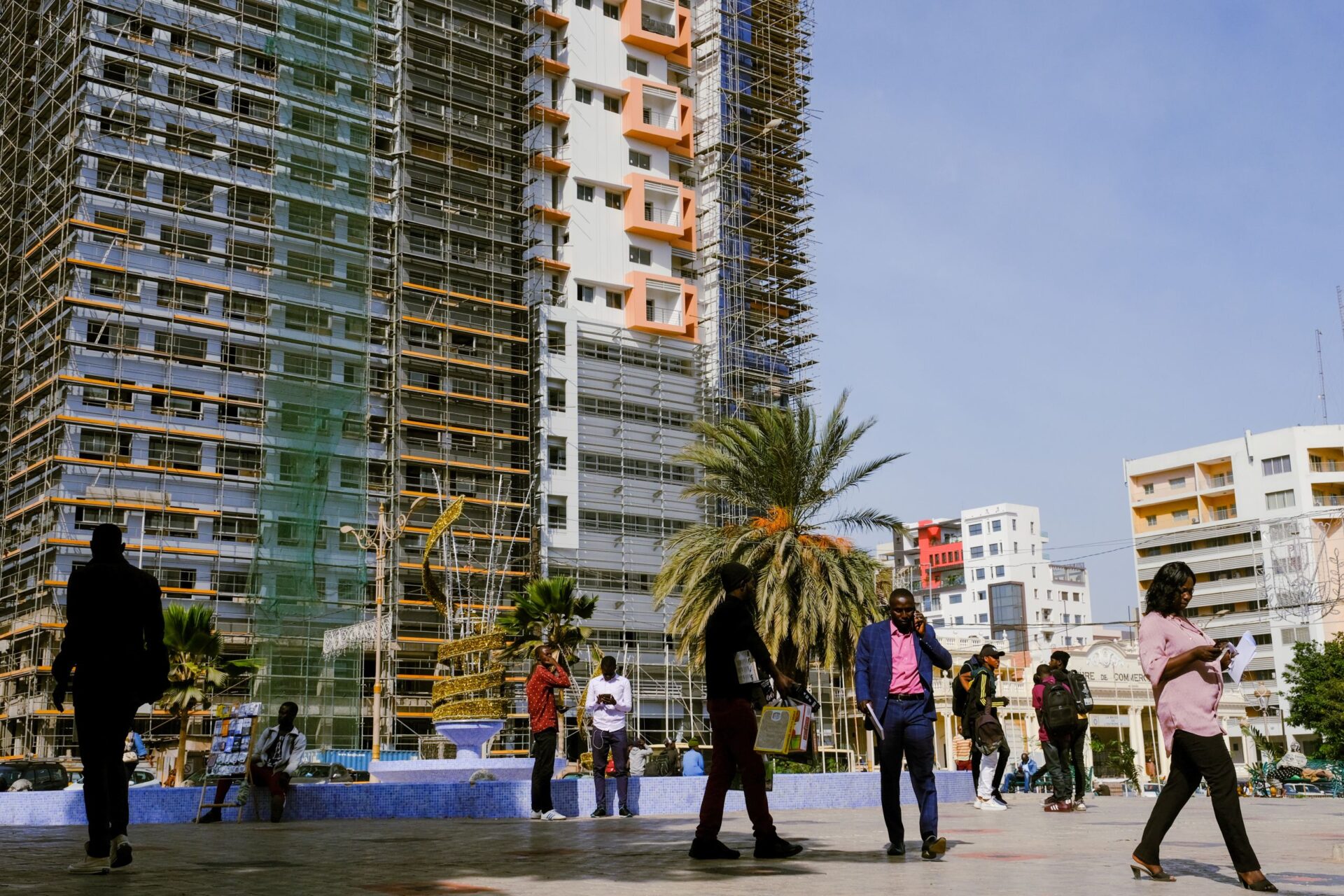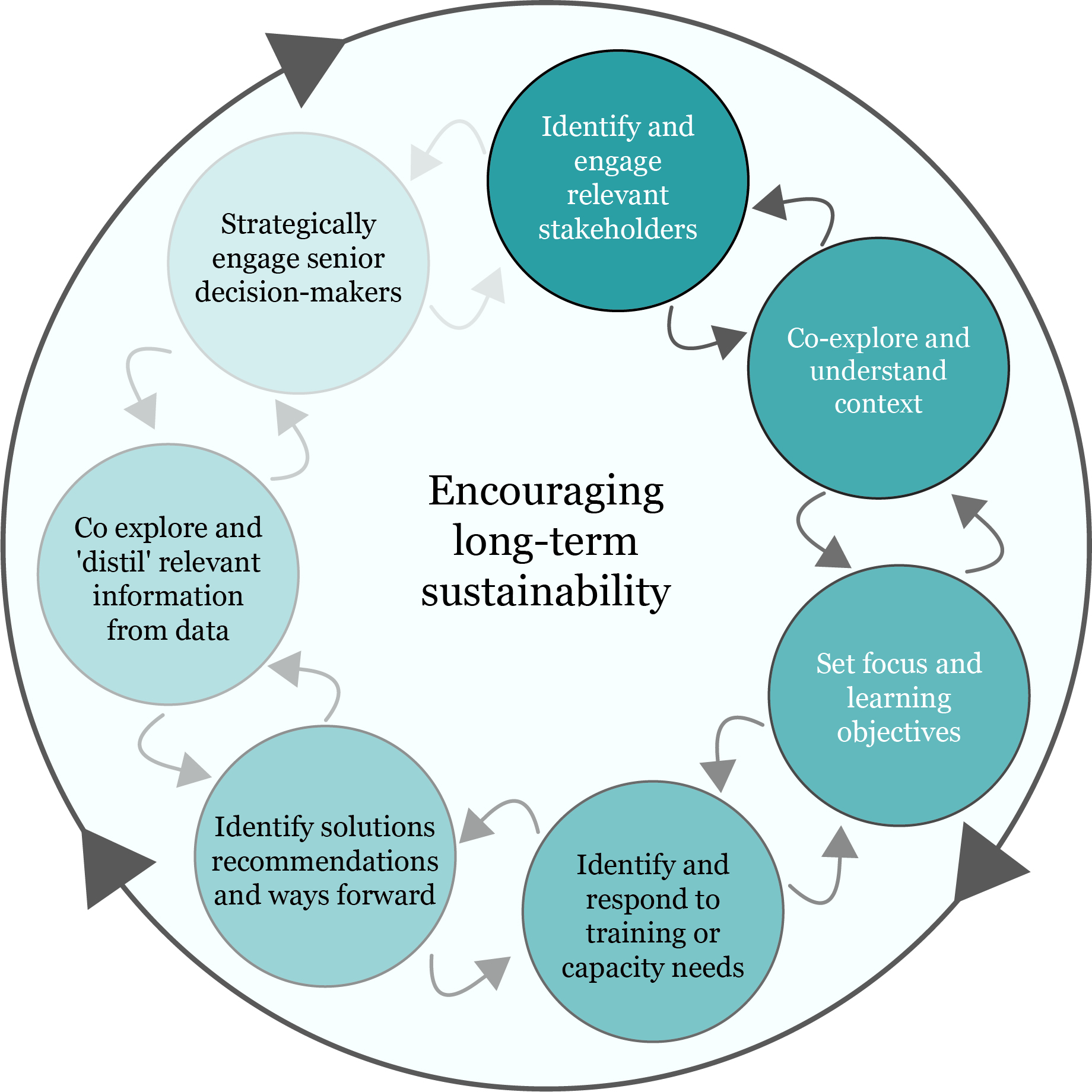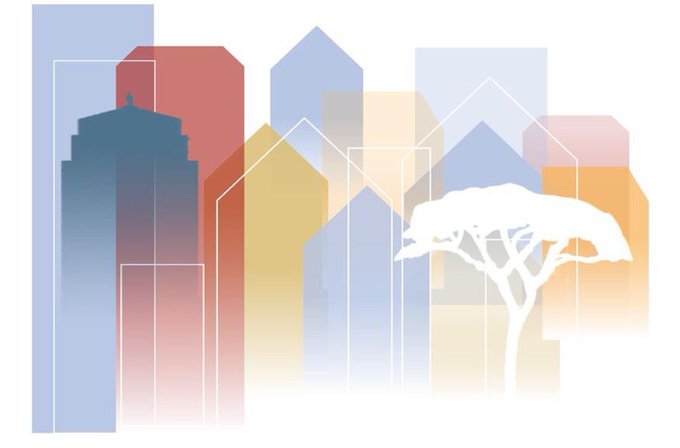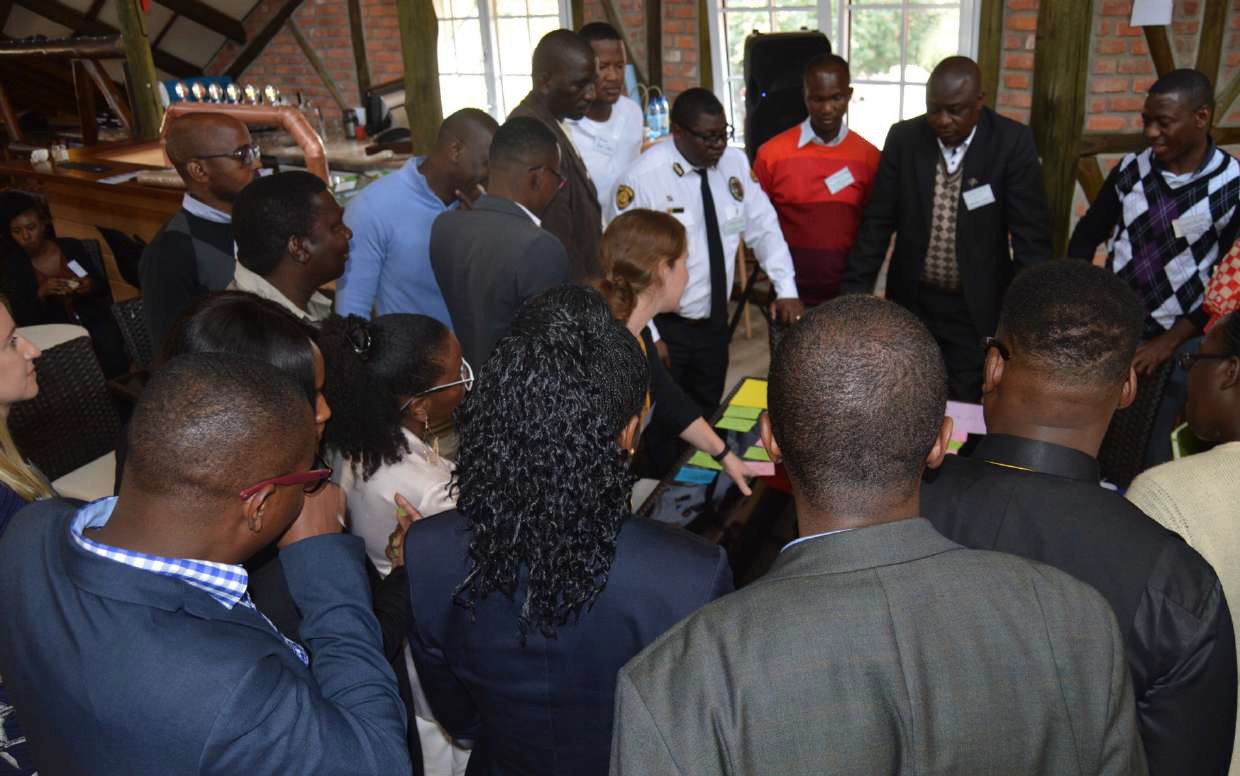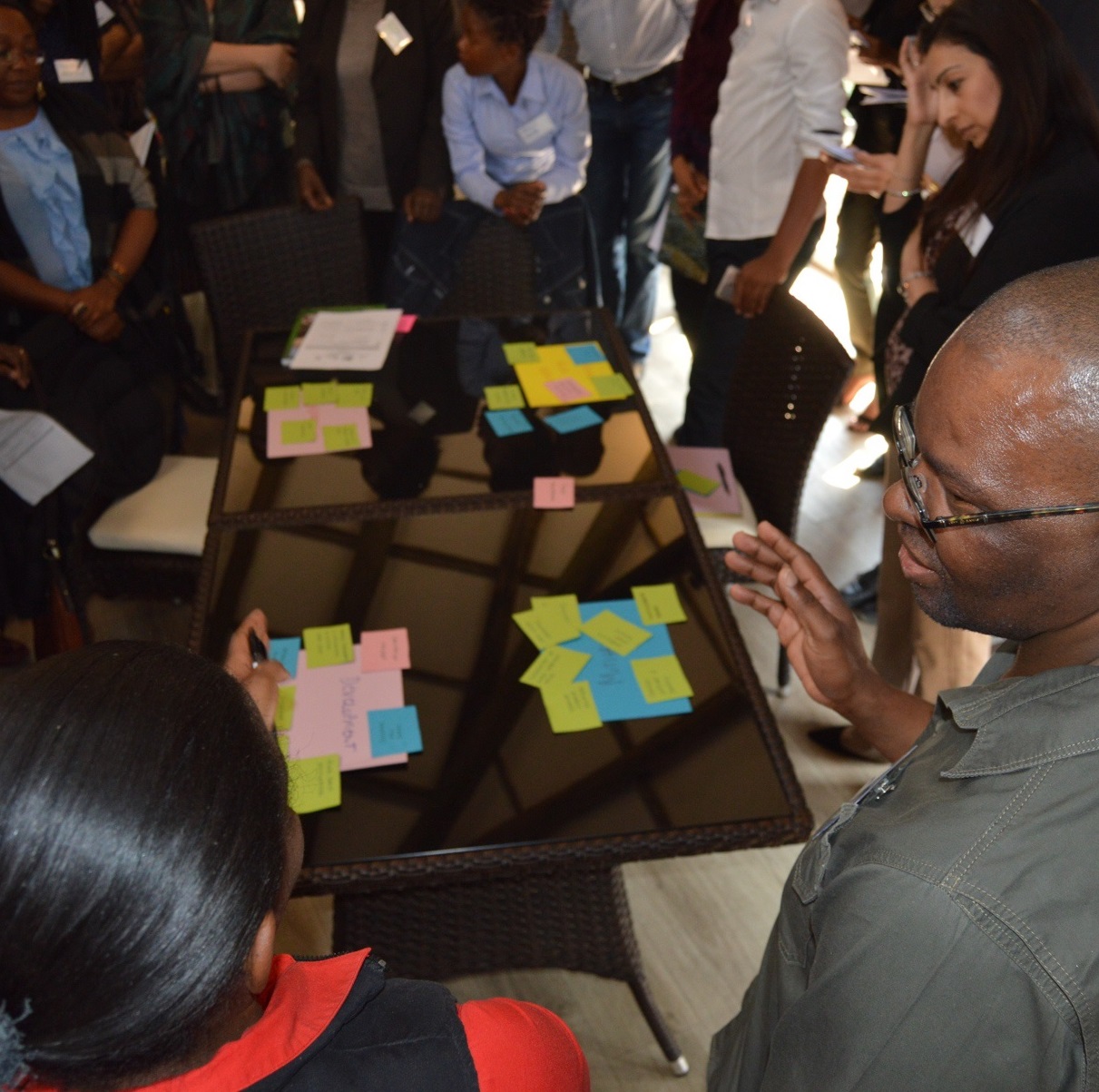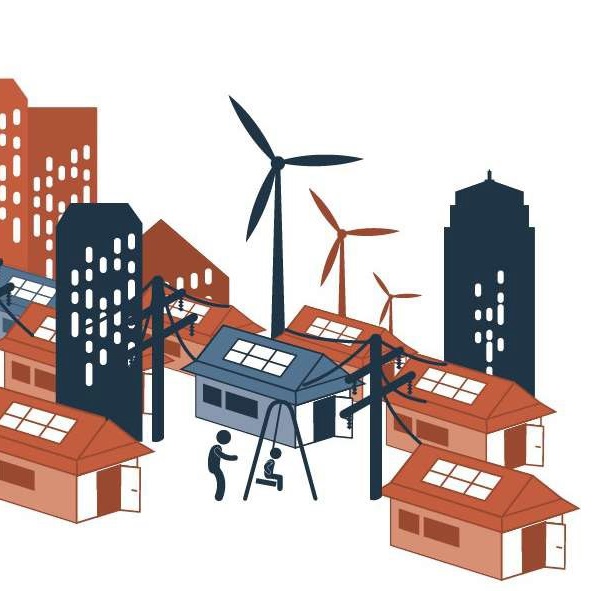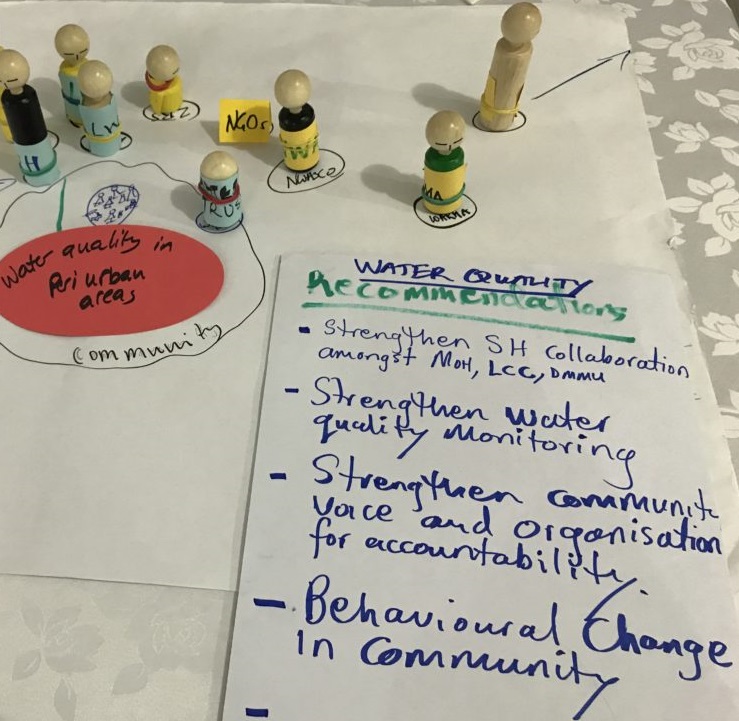Co-explore and understand the context
Principles for Co-Producing Climate Services: Practical Insights from FRACTAL
Explore principles for co-producing climate services based on FRACTAL project evidence and experiences through this working paper.
FRACTAL Principles
Throughout the FRACTAL project, the team determined several lessons for research and society, particularly with regard to working towards inclusive, contextual, and proactive climate research and action. Engage with the principles that underpinned the climate resilience work in the project.
FRACTAL Podcast Series – Exploring transdisciplinary approaches to support resilience and adaptation decision making
The STARTcast is a podcast created by START for early- and mid-career scientists. Listen to Season 2 on co-creating climate information with decision-makers for climate-resilient cities in southern Africa as part of the Future Resilience for African Cities and Lands (FRACTAL) project.
Learning from climate change perceptions in southern African cities
This study provides commentary about climate change risk perceptions in an urban southern African context.
Refocusing the climate services lens: Introducing a framework for co-designing “transdisciplinary knowledge integration processes” to build climate resilience
This paper seeks to reconceptualize climate services in light of the prevailing inability of existing climate information to spur needed policy and action. It focusses on the transdisciplinary knowledge co-production process rather than the output of a climate services product.
Co-exploratory climate risk workshops: Experiences from urban Africa
The paper describes a place-based co-exploratory analysis of climate risks.
“Explainer” Guide: Co-exploring Terminologies
This brief explains why co-exploring language and terminology is important for creating a level playing field at the beginning of a multi-stakeholder engagement.
“How-to” Guide: Co-exploring Terminologies
This brief explains how to conduct a terminology co-exploration exercise for climate change adaptation decision-making.
Towards developing a common language for climate change in the City of Cape Town
This research aimed to better understand and circumvent language discrepancies at a city scale. It provides a toolkit to better understand and overcome terminology barriers.
Learning Labs in Windhoek: creating collaborative ways to address climate change in African cities
This video outlines how the Learning Labs approach brings stakeholders together to tackle climate change adaptation issues emerging in urban Africa.
